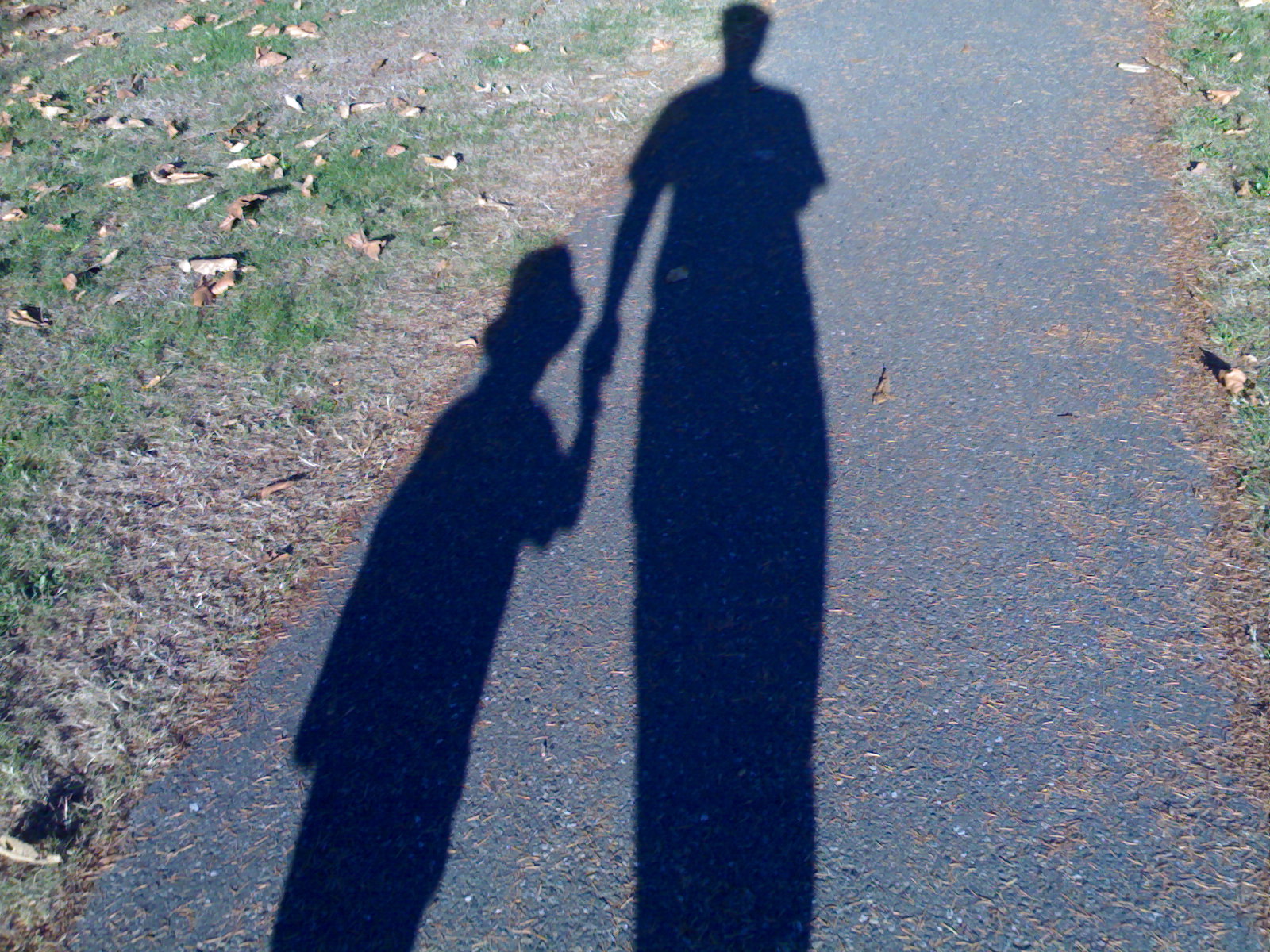The door was closed. Not a surprise, and frankly a relief. I could stand there a little longer and knock on his bedroom door again, louder this time, hoping to telegraph a pressing interest in seeing him, but why bother? My son had activated his dome of hip-hop music and retreated into his attic; he probably couldn’t hear me anyway. Besides, it was the weekend and Dylan loved tinkering with his chemistry set more than anything else. Why the need to force him outside for a bike ride or a hike?
It’s okay, Ron. It’s normal. He can play on his own.
That voice in my head, seemingly logical, reassuring, always at odds with the deeper voice: I should be doing more, spending more time with him.
All I wanted to do was shuffle back to my room and write, create, find meaning in something other than the reality thrust on me in the last year.
She died unceremoniously, whacked out on morphine after months of tortuous pain. We’d fallen out of love years before she got sick, but neither of us could sever the tie despite the poorly veiled nudges from our friends. We were both lazy on that front. Two writers on a financial see-saw, my turn to be sky-high with the sale of my book three years ago; her play being shopped for too long, re-written – doomed by a fatal flaw that no one could seem to pinpoint, or cared to admit to.
But she’d grown closer to Dylan over the last years, and found a renewed vigor in being a wholly present mother. Even when her career was humming, she always managed to read the parenting books; the ones I vowed to tackle but never had any intention of picking up. She’d handle it. Dorian could handle everything.
I wanted a girl. I never imagined myself as a father, and a girl, I thought, would definitely be less pressure on me as a man. It was that macho-energy-vortex that disgusted me. Even my most subversive friends succumbed to it, despite their protests. The moment their boys showed a hint of talent in sports, a Manchurian-switch flipped on in their eyes, and the obsession began: he’s got talent — how much talent? From that point on, until proven otherwise, they’d drool over the possibilities, the pros, college – could he actually be a quarterback?
There was plenty of fantasizing around the female athletics, too, but it just wasn’t the same with the girls.
It wasn’t that I feared enrolling Dylan in Little League or youth basketball, concerned over how he might measure up to the other kids; or, that I was a bad athlete growing up. It was the obviousness I recoiled from. Was my life really going to be a fourth-of-July interlude, hopscotching athletic fields, smuggling in wine and cheese to ballparks as I yucked it up with the financial idiots from Stamford? Waiting for my kid to get a hit…all at the expense of chipping away at the great American novel.
Luckily, I was spared from too much of the public park horseshit. Dylan drifted through a couple of leagues, no standout athletics, and certainly no long-term bonding with teammates; he was a loner. He had a few friends he huddled with at school, but preferred to stay at home, always in the hoodie and listening to some fringe, dark arts hip-hop. Dorian always took it in stride, accepted it, wasn’t worried. I beat myself up, figured something was wrong, my fault, even though I was spared, mercifully, from the inter-parent hobnobbing.
Dylan was a damn smart kid, though. He gravitated to science and music, advanced math, well beyond my capabilities, or Dorian’s. He tinkered with Pro Tools and the LIFEPAC chemistry set we got him, and spent more time alone in his “secret” attic, on the phone with his friends, behind closed doors. I had more time to isolate and write, but the guilt would creep up the second I finished a good paragraph. Was I doing enough? Dorian always did more and our increasing separation from one another was plainly evident; there was no hiding tension in a marriage from a twelve-year-old. Both her and Dylan…they never guilted me directly, or maybe at all, but my inability to connect, they were clearly aware of it, and certain looks from them, silences, they had to be focused at me.
And then Dorian got sick, and died, quickly. Our longtime cleaning woman, Rosa, stepped up around the house and came four days a week. But it wasn’t the same. Dorian’s scent was gone from the carpets, and I realized, not too long after the funeral, how much I missed it. We could’ve worked on our marriage. I stared at her hair in her hairbrushes before throwing them out; that thick black hair, before it all fell out. She still looked beautiful, bald and gaunt.
I’d have to step up now. As I stood in front of Dylan’s closed door, I resolved to pound on it and get my son from his room. I needed to be there for him, help him with the loss of his mother; I wanted to tell him how much I loved him. But I couldn’t. I just held there, my head cocked to the side, locked in some sort of quasi-sociopathic paralysis. I knew Dylan was in there tinkering with his chemistry set, fantasizing about mixing up a cure for cancer. He’d remarked on it at the dinner table a few times. God knows I wanted to reach out, but the blare of that oppressive music constantly thumping from his room; it warded me off every time I had the urge to hug him. Maybe Dylan blamed me for the death of Dorian…
Fuck it, what did I know? I told myself and turned around and headed back to my room. I knew I needed to get back to my writing.
